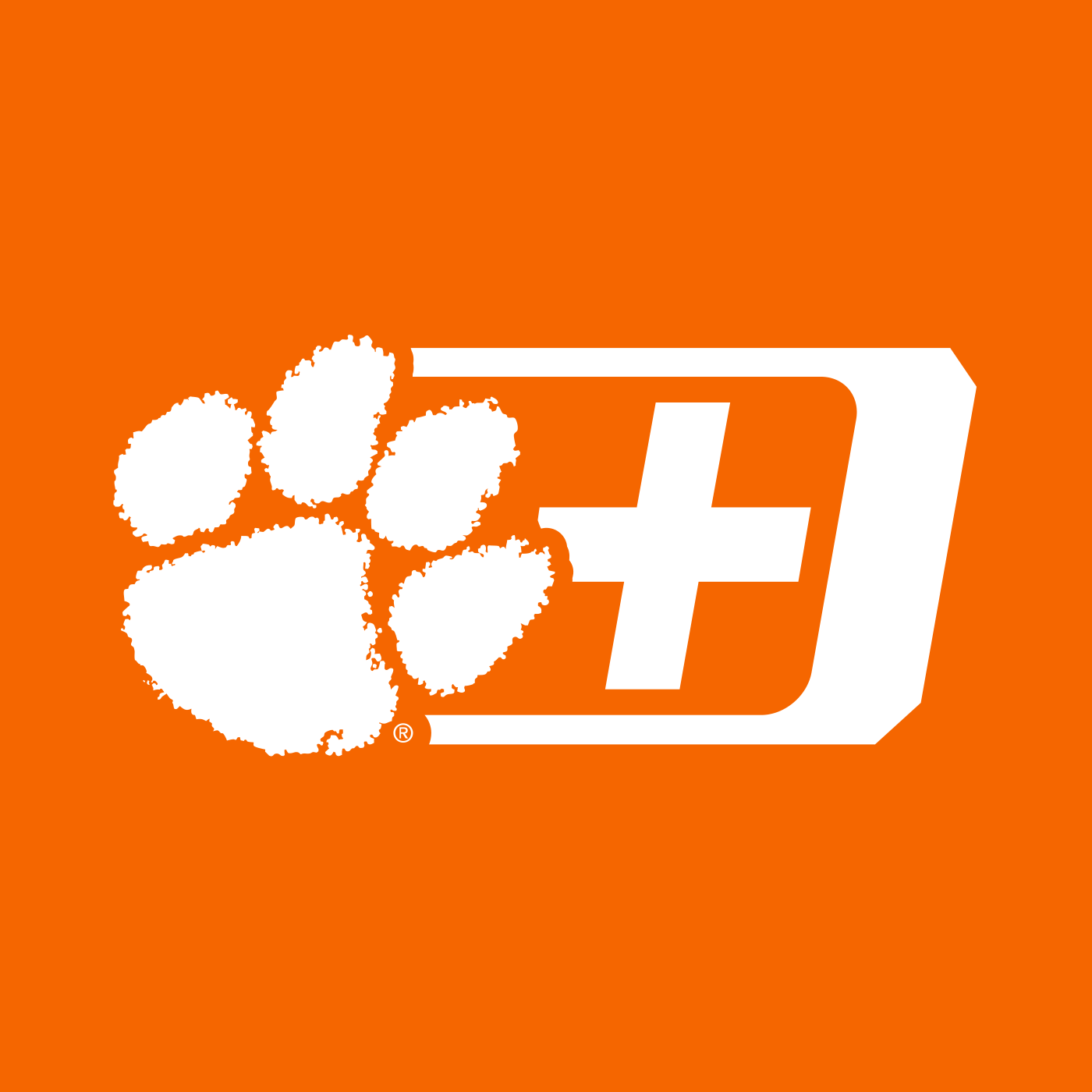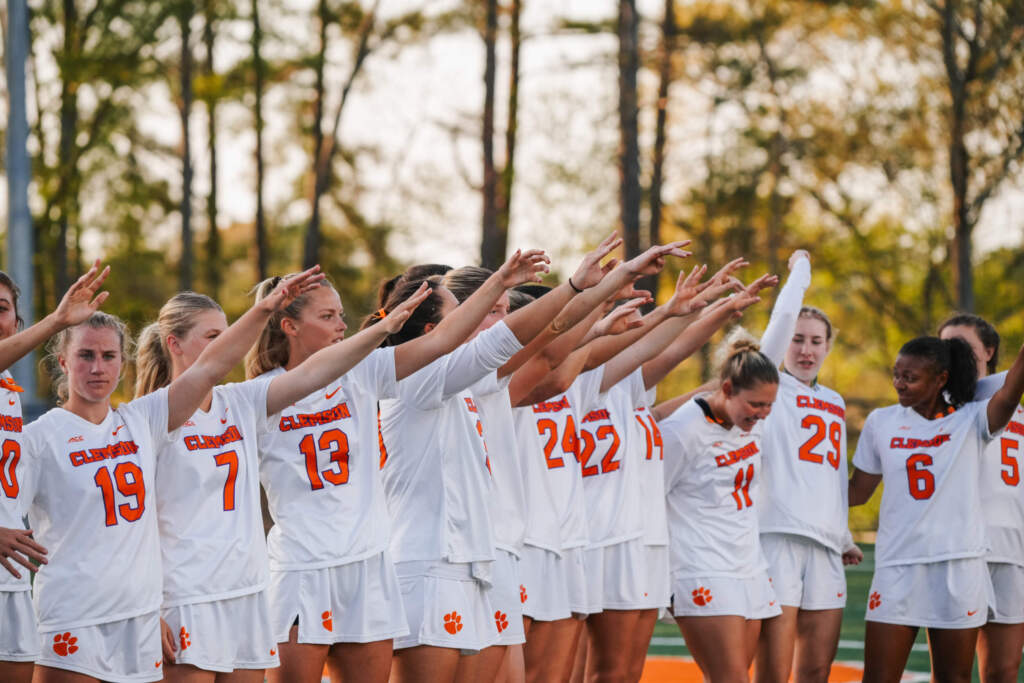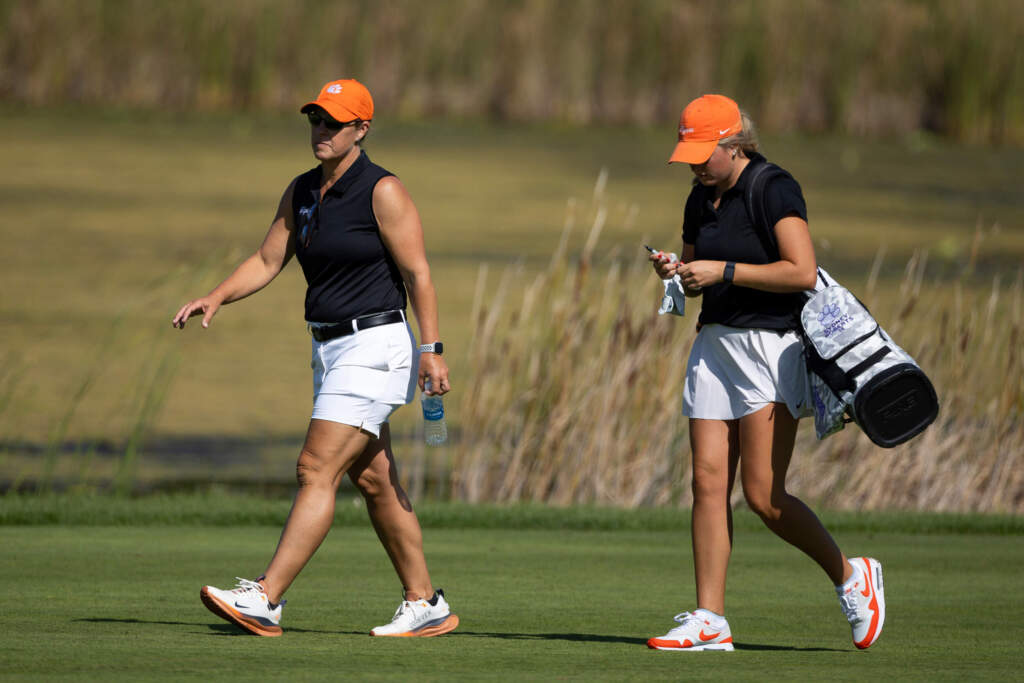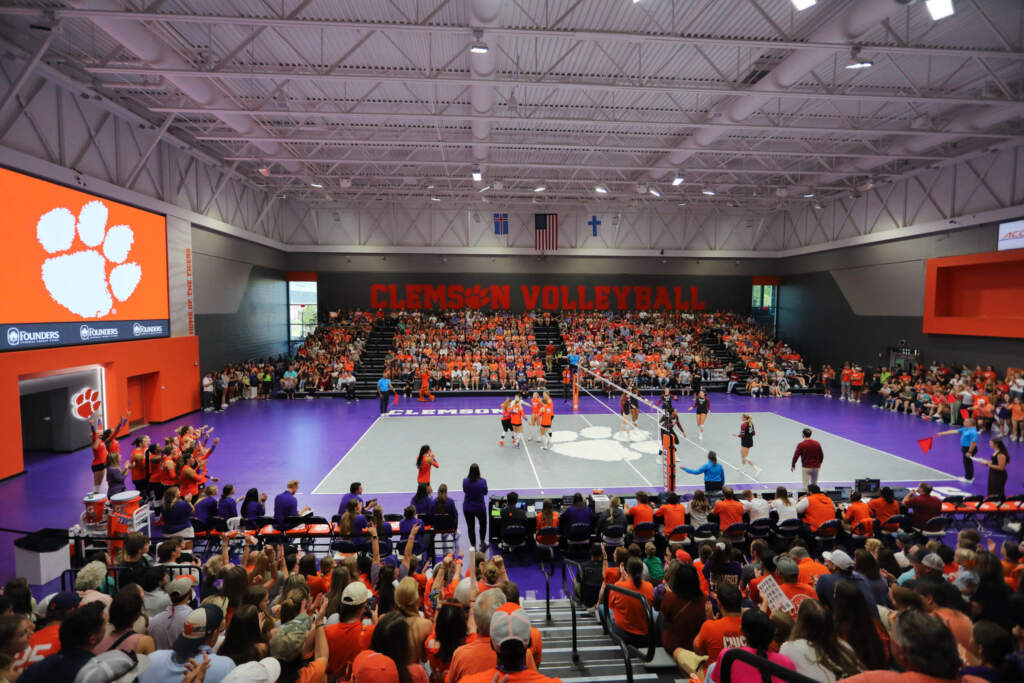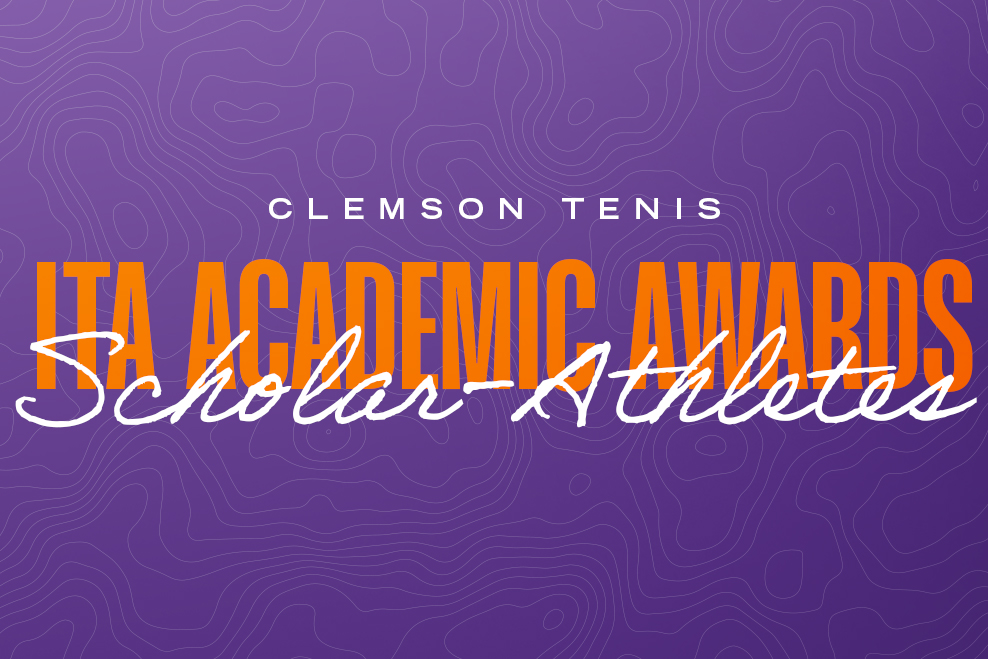Application of New Legislation Related to the New Division I Men’s Basketball Recruiting Model
The information in this document is designed to provide assistance to Division I member institutions in applying new recruiting legislation (effective April 1, 2002) in the sport of Division I men’s basketball. The information relates specifically to the application of Proposal Nos. 01-51, 01-52 (as amended by 01-52-2 and 01-52-3) and 01-53.
1. NCAA Regulation. In men’s basketball, institutional coaching staff members are restricted during the academic year to attending regularly scheduled high-school and two-year college contests/tournaments, practices, pick-up games and open gyms conducted under the supervision of the high-school or two-year college coach, and events that are approved, sanctioned, sponsored or conducted by the applicable high school or two-year college associations, National Federation of State High School Associations or the National Junior College Athletic Association.
a. Question. What is the definition of “open gym” for purposes of applying the regulation?
Answer. Open gym refers to a designated time period in which any member of the general public may participate in activities occurring in the gymnasium under the supervision of the high-school or two-year college coach. An activity is not considered open if the participants in such activities are limited in any manner (e.g., invitation only) or if organized activities are conducted in the facility during the open gym.
Question. Is this regulation applicable tointernational men’s basketball prospective student-athletes?
Answer. Yes. Institutional coaching staff members are restricted to observing international men’s basketball prospects participating in regularly scheduled high-school and two-year college contests/tournaments, practices, pick-up games and open gyms conducted under the supervision of the high-school or two-year college coach, and events that are approved, sanctioned, sponsored or conducted by the applicable scholastic body in the foreign country. It is not permissible to observe international men’s basketball prospects participating in nonscholastic activities (e.g., contests/tournaments, practices, pick-up games and open gyms).
2. NCAA Regulation. In men’s basketball, evaluations during the April contact period are limited to events that are approved, sanctioned, sponsored or conducted by the applicable high-school or two-year college association, National Federation of State High School Associations or the National Junior College Athletic Association and may occur at sites other than a prospect’s educational institution only on weekends. Further, institutional coaching staff members are not permitted to evaluate men’s basketball prospects at sites other than the prospect’s educational institution during the September contact period.
Question. Is it permissible during the April contactperiod for coaches to engage in evaluation activities at aprospect’s educational institution?
Answer. Yes. During the April contact period, it is permissible for authorized coaching staff members to engage in evaluation activities at a prospect’s educational institution only in conjunction with the permissible off-campus contact with the prospect. Please note that any evaluation activities would not be included as the one of the institution’s permissible 40 evaluation days.
b. Question. Is it permissible for men’s basketball coaching staff members to evaluate prospects participating in any organized events during the September contact period?
Answer. No. Evaluations during the fall contact period may occur only in conjunction with a permissible off-campus contact at the prospect’s educational institution and are limited to practices, pick-up games and open gyms conducted under the supervision of the high-school or two-year college coach. Such evaluations are not included in the institution’s permissible 40 evaluation days. This restriction applies to the observation of all men’s basketball prospects, both domestic and international prospects.
NCAA Regulation. In men’s basketball, DivisionI institutions may make one telephone call to a prospectivebasketball student-athlete during the month of March during theprospect’s junior year in high school. Further, institutions arepermitted to provide official visits to men’s basketball prospectsbeginning January 1 of the prospect’s junior year in high school,with the understanding that each prospect is limited to a total offive official visits during the junior and senior years, and nosuch visits may occur during the summer between the prospect’sjunior and senior years in high school. Finally, institutions arepermitted one contact with the men’s basketball prospect during theprospect’s junior year in high school during the April contactperiod, provided the contact is on the campus of the high schoolthat the prospect attends and is included in the five permissiblerecruiting opportunities for that year.
a. Question. Are the exceptions to the telephone-call rule set forth in NCAA Bylaws 13.1.3.3.1 (official visit exception) and 13.1.3.3.4 (off-campus contact exception) applicable to off-campus contacts and/or scheduled official visits that may occur during a prospect’s junior year in high school?
Answer. Yes. Institutional staff members may make unlimited telephone calls during the five days immediately preceding a prospect’s official visit to that institution. Such an exception is applicable even to official visits scheduled prior to the month of March. Further, institutional staff members are permitted to make unlimited telephone calls to a prospect who is a junior in high school on the day that a permissible, in-person, off-campus contact occurs with that prospect during the April contact period.
b. Question. Is it permissible for coaching staff members to use the official-visit exception for the purpose of scheduling or discussing the scheduling of an official visit with a prospect during his or her junior year in high school?
Answer. No. The official-visit exception does not permit an institution to initiate a telephone call to a prospect prior to the one permissible telephone call during the month of March for the purpose of scheduling or discussing the scheduling of an official visit to that institution. Such visits generally will be scheduled through a combination of correspondence with the prospective student-athlete (which may occur after the prospect’s sophomore year in high school) and through telephone calls initiated by the prospect, either at the prospect’s expense or through the placement of collect or toll-free calls to an institutions (which may occur at the conclusion of the prospect’s sophomore year in high school). Once an official visit has been scheduled, the exception that permits unlimited telephone calls during the five days immediately preceding the prospect’s official visit to that institution is applicable.
c. Question. If an institution provides a men’s basketball prospect with an official visit during the prospect’s junior year in high school, does such a visit count in the total number of official visits (12) that an institution may provide during that academic year?
Answer. The total number of official visits an institution may provide prospects is determined on an annual basis (August 1 through July 31); thus, if an institution provides a men’s basketball prospect with an official visit during the prospect’s junior year, the visit shall count against the institution’s total limit for that year. It is not permissible to defer the counting of such a visit until the following year.
4. NCAA Regulation. In men’s basketball during the July evaluation period, institutional coaching staff members may attend noninstitutional nonorganized events (e.g., pick-up games), institutional basketball camps per 13.13.1.1 and noninstitutional certified events (e.g., camps, leagues, tournaments and festivals).
Question. What are the dates for the summer evaluationperiod?
Answer. The summer evaluation period is a 20-day period that includes two 10-day evaluation periods that are separated by a four-day dead period. It is permissible for evaluations to occur from July 8 through July 17, and from July 22 through July 31. Further, the time period from July 18 through July 21 is a dead period in which no recruiting activities (on or off an institution’s campus) shall occur.
b. Question. Is it permissible for institutions to conduct camps and clinics that include prospective student-athletes during the dead period that occurs July 18-21?
Answer. No. Institutional camps and clinics that include prospective student-athletes (i.e., any student who has started classes for the ninth grade) shall not be conducted during the dead period.
5. NCAA Regulation. In men’s basketball, it is not permissible for institutional staff members in attendance at nonscholastic certified events or tours to engage in any contact with a prospect, the prospect’s relatives or legal guardians, the prospect’s coach or any individual associated with the prospect as a result of the prospect’s participation in basketball. Further, it is not permissible for prospects to make unofficial visits during the month of July.
a. Question. Is it permissible for an authorized coaching staff member to telephone a prospect, prospect’s relatives or legal guardians, the prospect’s coach or any individual associated with the prospect as a result of the prospect’s participation in basketball during the time period in which the prospect is participating in the certified summer basketball event or tour?
Answer. No. It is not permissible to have any in-person or verbal contact, including contacts at sites other than the event site (e.g., hotel), with any prospect, prospect’s relatives or legal guardians, the prospect’s coach or any individual associated with the prospect as a result of the prospect’s participation in basketball during the time period in which the prospect is participating in the certified summer basketball event.
b. Question. Is it permissible for an authorized coaching staff member to send correspondence (e.g., letter, facsimile) to a prospect while the prospect is participating in a certified summer basketball event?
Answer. No. The regulation is designed to reinforce that the July evaluation period should be for observation only and not a time for interaction with a prospect, prospect’s relatives or legal guardians, the prospect’s coach or any individual associated with the prospect as a result of the prospect’s participation in basketball. Thus, it is not permissible for coaching staff members to send correspondence or facsimiles (either directly or through a third party’s assistance) to a prospect during the time period in which the prospect is participating in a certified summer basketball event or tour.
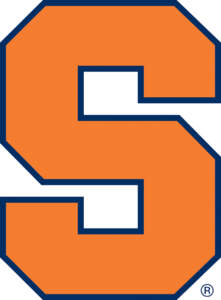 Syracuse
Syracuse 
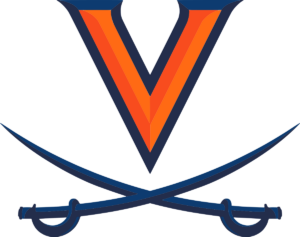 Virginia
Virginia 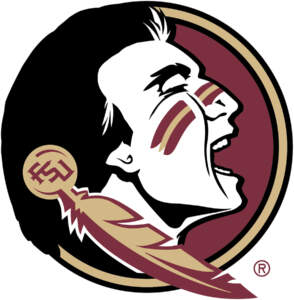 Florida State
Florida State 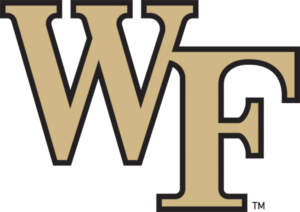 Wake Forest
Wake Forest 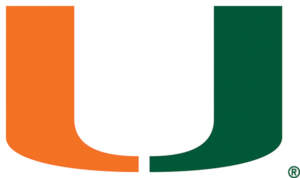 Miami (Fla.)
Miami (Fla.) 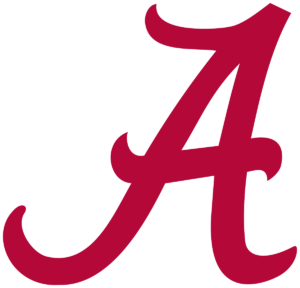 Alabama
Alabama 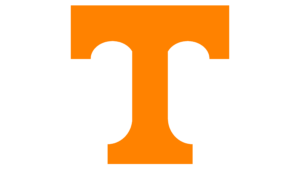 Tennessee
Tennessee 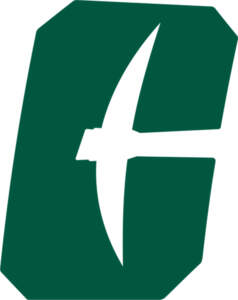 Charlotte
Charlotte 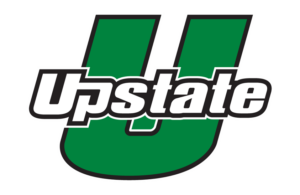 USC Upstate
USC Upstate 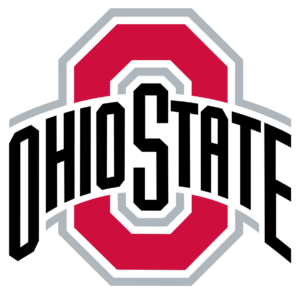 Ohio State
Ohio State 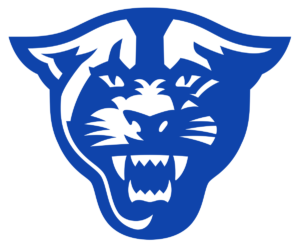 Georgia State`
Georgia State` 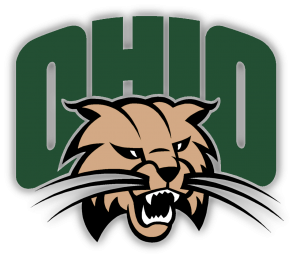 Ohio University
Ohio University 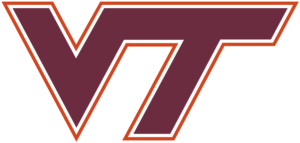 Virginia Tech
Virginia Tech 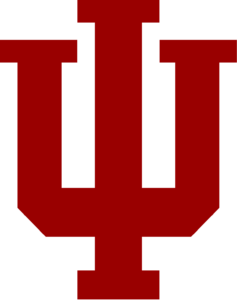 Indiana
Indiana 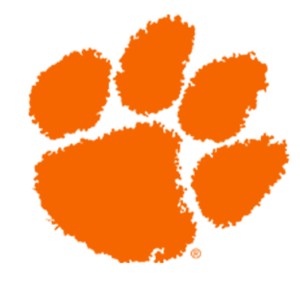 Tiger Classic
Tiger Classic 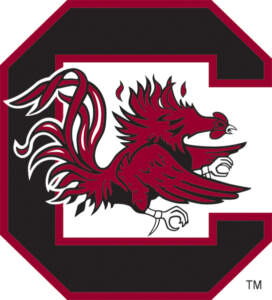 South Carolina
South Carolina 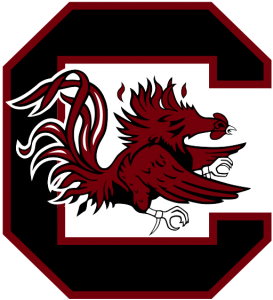 South Carolina
South Carolina 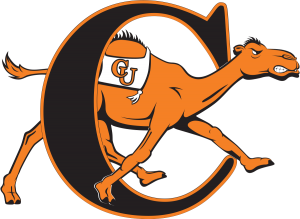 Campbell
Campbell 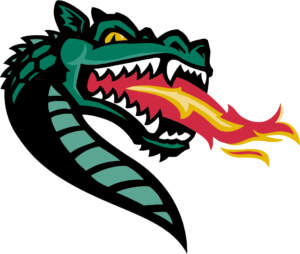 UAB
UAB 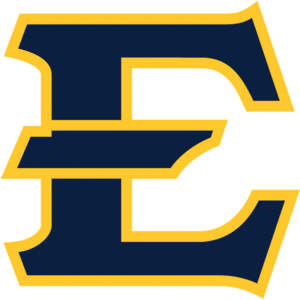 East Tennessee State
East Tennessee State  LSU
LSU 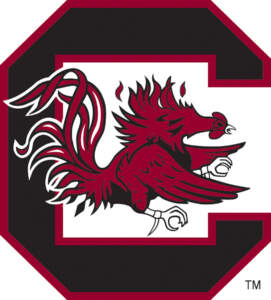 South Carolina
South Carolina 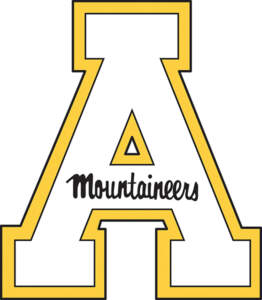 App State
App State 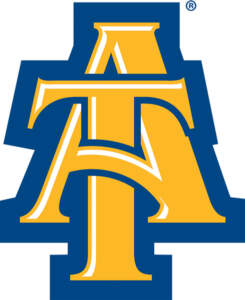 North Carolina A&T
North Carolina A&T 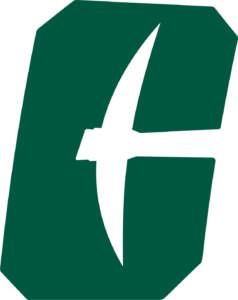 Charlotte
Charlotte 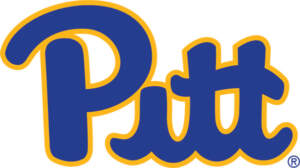 Pittsburgh
Pittsburgh 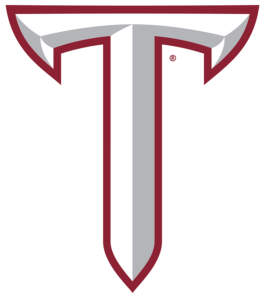 Troy
Troy 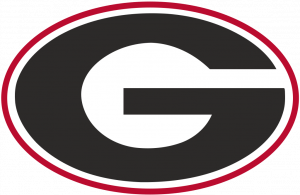 Georgia
Georgia 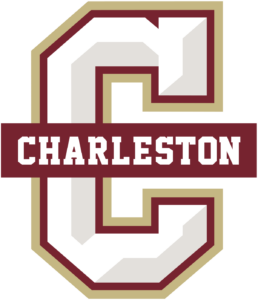 Cougar Classic
Cougar Classic 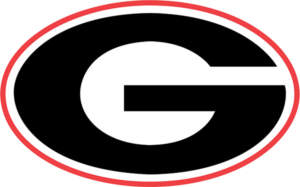 Georgia
Georgia 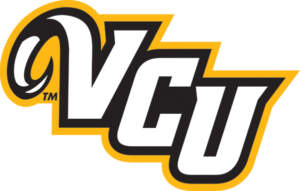 VCU
VCU 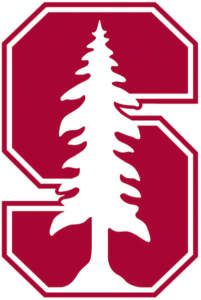 Stanford
Stanford 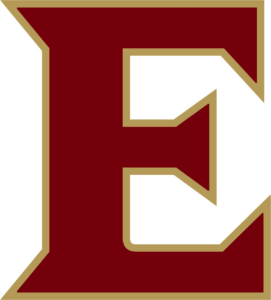 Elon
Elon 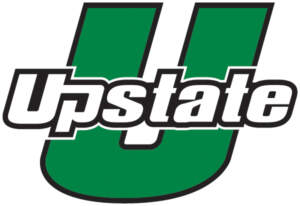 USC Upstate
USC Upstate 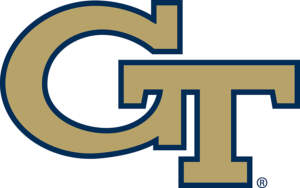 Georgia Tech
Georgia Tech  Wofford
Wofford 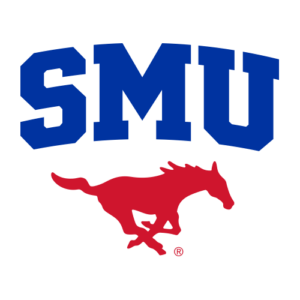 SMU
SMU 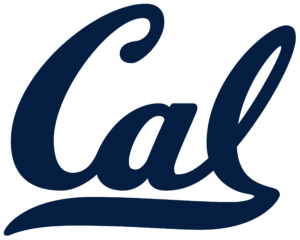 California
California 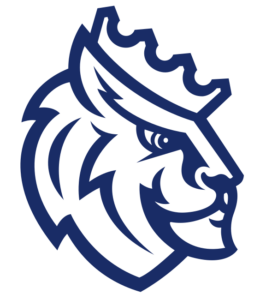 Queens
Queens 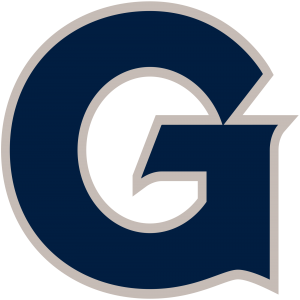 Georgetown
Georgetown 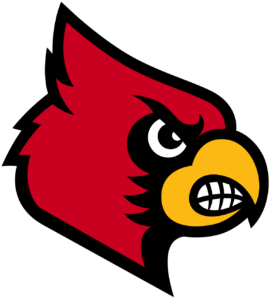 Louisville
Louisville 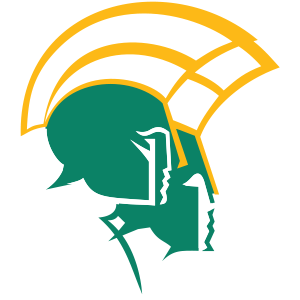 Norfolk State
Norfolk State  Charleston Southern
Charleston Southern 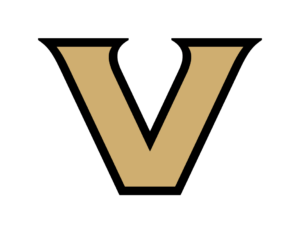 Mason Rudolph Championship
Mason Rudolph Championship 
